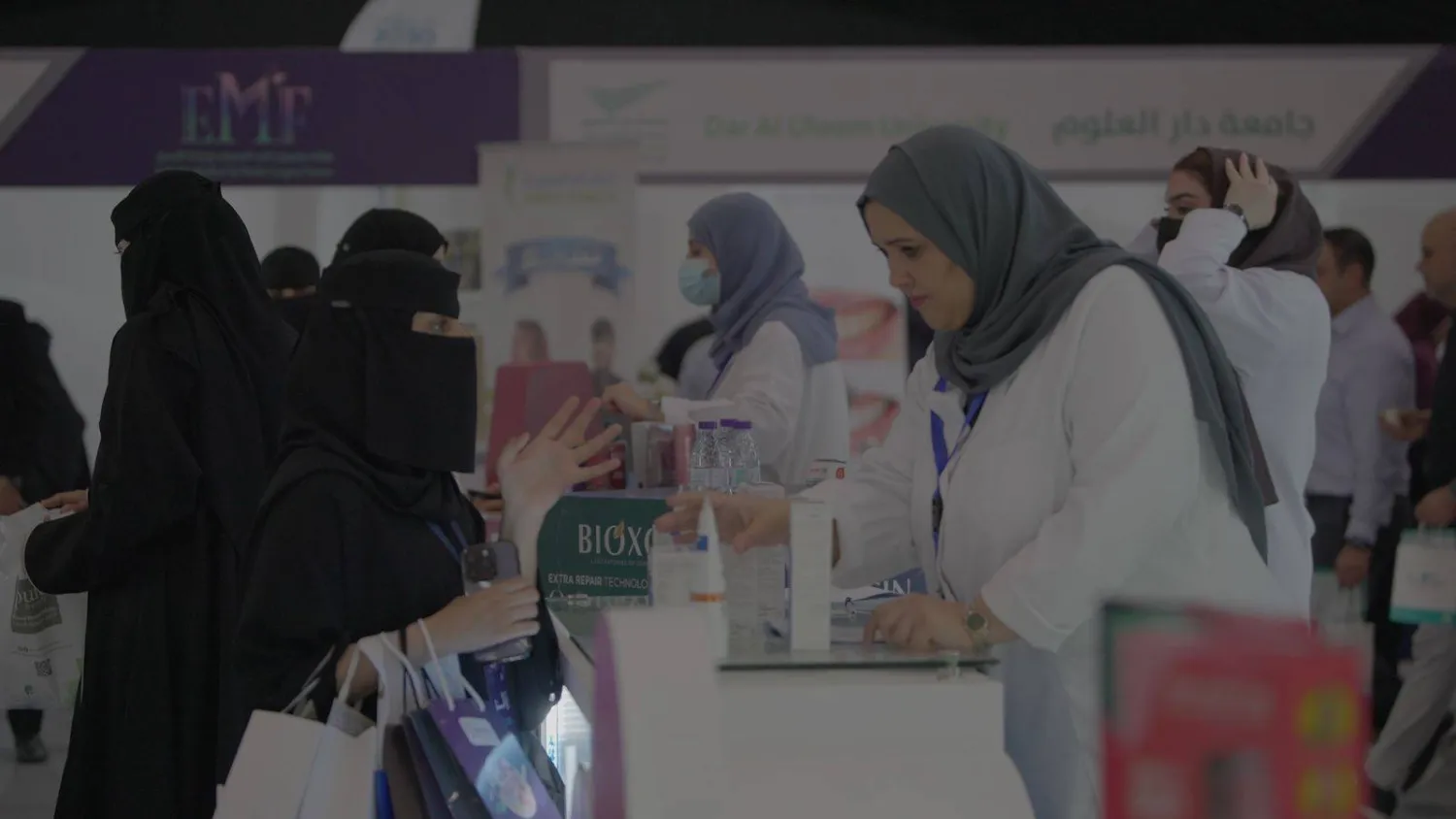In a world obsessed with perfection, cosmetic surgery has become more than just a choice—it’s now an investment in self-esteem and confidence.
What was once a luxury for celebrities is now a booming global industry, attracting significant private sector interest and generating billions of dollars each year.
In 2022-2023, Saudi Arabia ranked second in the Arab world with 306 cosmetic specialists and 29th globally.
The Kingdom’s cosmetic medicine sector has exceeded 20 billion riyals ($5.3 billion), growing at nearly 9% annually.
As Saudi Arabia undergoes social changes, improves quality of life, and increases public awareness, the demand for cosmetic medical services is rising rapidly, boosting the sector’s strength and appeal.
This change in how people view beauty has made the beauty industry a key player in the global economy.
Cosmetic surgery, including both reconstructive and aesthetic procedures, is becoming increasingly popular worldwide.
Last Tuesday, Riyadh held the seventh annual Aesthetic Medical and Plastic Surgery Forum and Exhibition.
The three-day event showcased the private healthcare sector’s growing role in improving and advancing cosmetic services, supporting the goals of Saudi Arabia’s Vision 2030.
On the sidelines of the exhibition’s opening, Pakistan's Ambassador to Saudi Arabia, Ahmed Farooq, told Asharq Al-Awsat that Pakistan is a major producer of cosmetics and medical equipment, exporting to numerous countries worldwide.
He highlighted that Saudi Arabia has integrated foreign investment into its Vision 2030 strategy by offering incentives for foreign investors to manufacture their products locally.
“As a result, there is potential for Pakistani investment to enter the Kingdom in this sector,” he added.
Professor Fawaz Al-Qahtani, an investor and consultant in cosmetic and dental implants, told Asharq Al-Awsat that the sector is rapidly growing, especially in Saudi Arabia.
The Kingdom has many highly trained local professionals, drawing clients from neighboring and international locations. Saudi Arabia is seen as a leader in cosmetic, dermatological, and dental surgery in the Middle East.
Al-Qahtani noted that Saudi Arabia is making strides with e-government services that simplify licensing and other procedures for investors. This has made investing in the sector increasingly attractive due to the substantial support available.









